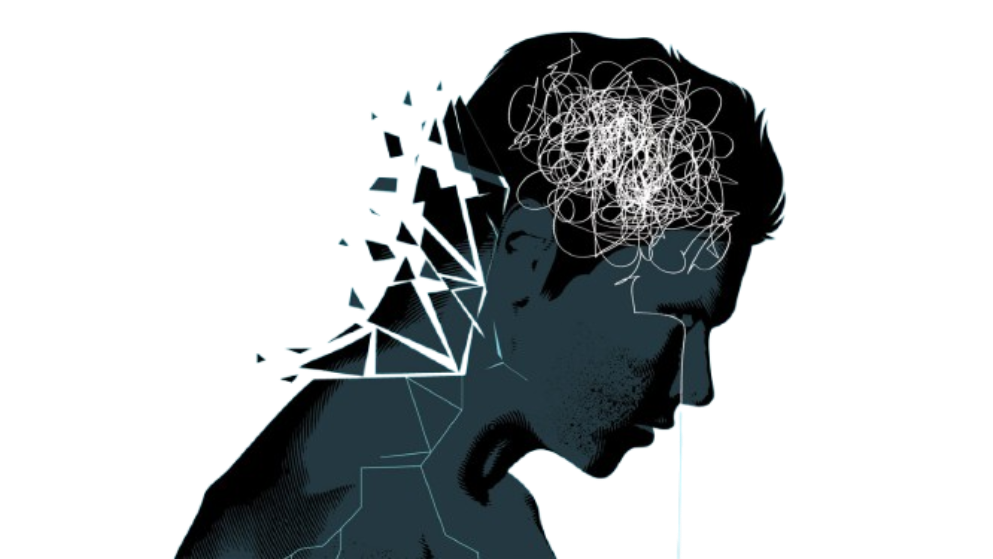NeuroCalm
Your Pocket Guide to Emotional Wellness!
NeuroCalm combines daily mood tracking and AI-guided journaling to help users prioritize their mental wellness. Log your emotions, connect with others in a safe and judgment-free space, and reflect with personalized prompts designed to foster self-awareness and emotional growth—all in one simple, supportive platform.
